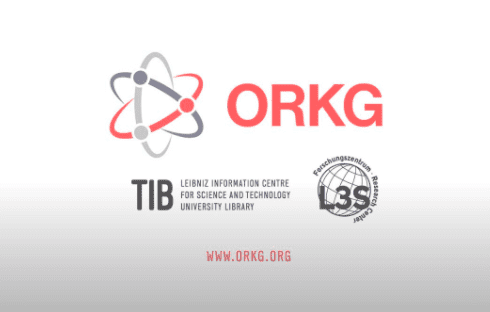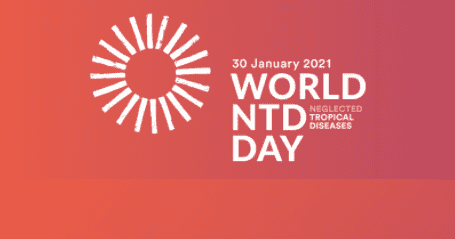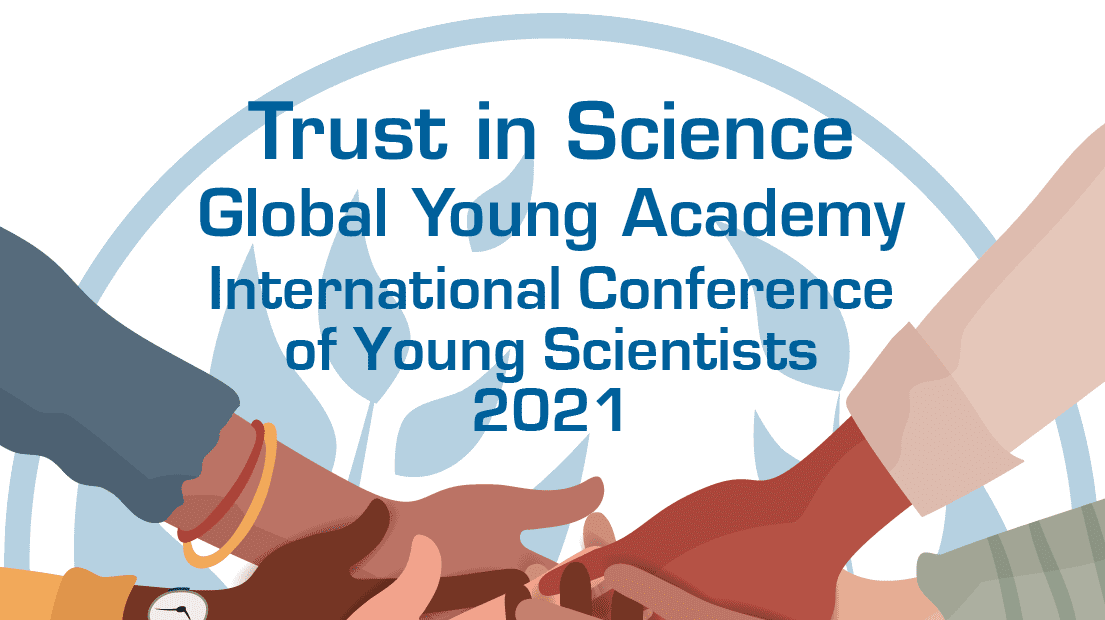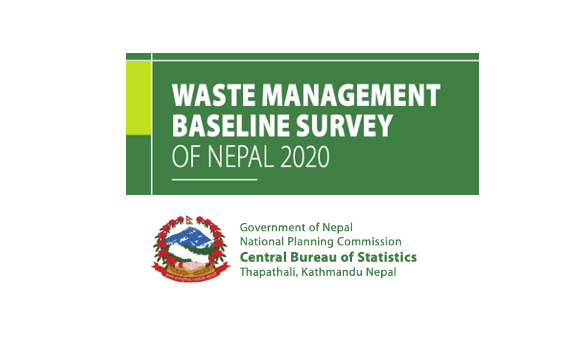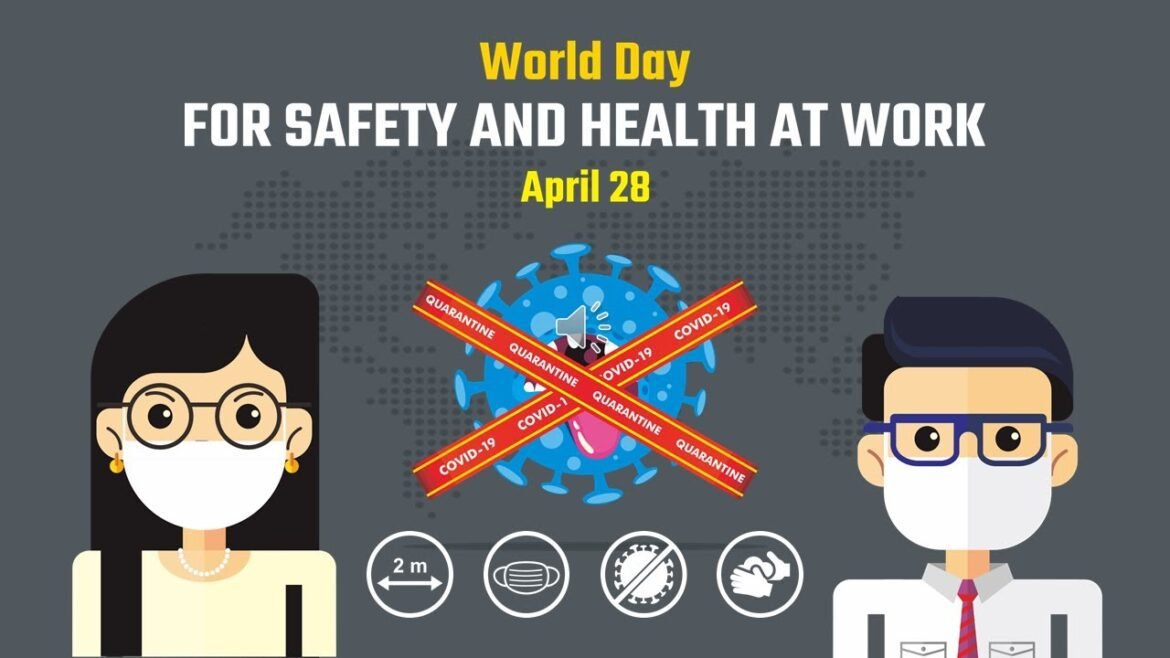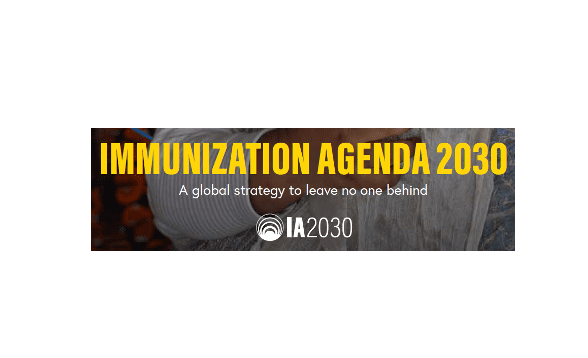The TIB Leibniz Information Centre for Science and Technology invites applications for Open Research Knowledge Graph (ORKG) Curation Grants, to which researchers (advanced PhD students welcome) from various fields can apply. Successful applicants will make regular contributions to the ORKG in their research field, for which they will be personally compensated with 400 EUR per month. Grants initially run for six months, with the possibility of extension, and require you to invest approximately one day per week contributing to the ORKG. We expect you to add key research questions and corresponding research contributions in your research field to the ORKG. You will be part of a joint effort to contribute to one of the biggest challenges in research―better organizing the contents of scholarly publications, and you will gain visibility and reputation in your research field.
What is Open Research Knowledge Graph?
Scholarly contents are mainly communicated through publications, in the form of unstructured texts. Considering the continuously increasing numbers of publications being issued each year, researchers are finding it increasingly difficult to follow the literature that is relevant to them. The Open Research Knowledge Graph (ORKG) aims to address this problem by describing research papers in a structured manner within a knowledge graph, making the contents of the papers human-readable as well as machine-actionable and FAIR (i.e., findable, accessible, interoperable, and reusable). ORKG covers not only bibliographic data but the actual contents of the publications themselves.
Requirements and Duties
- You have an academic qualification in a concrete field of science, documented by a master degree and experience in publishing research.
- Ideally you are an advanced PhD student or Post doctoral researcher (more senior researchers are also welcome).
- You are able to regularly spare time (approx. one day per week) for your ORKG curation work.
- You are adding key research questions and corresponding research contributions in your field of research to the ORKG.
- You create ORKG state-of-the-art comparisons and suitable visualizations for contributions added to a particular research problem.
- You are interested in organizing research contributions in your field in a structured, semantic way, so other researchers can get a quick overview on the state-of-the-art in the field.
- You outreach and disseminate your ORKG curation work to your scientific community, e.g. through mailing lists, social networks, at conferences etc.
- You will have to report on a monthly basis about your curation work. We are expecting you to create 2-4 state-of-the-art ORKG comparisons each month for relevant research problems in your particular research field. Each ORKG comparison should comprise a sizable number of research papers and be sufficiently described using relevant properties, accompanied by suitable visualizations.
Benefits
- You contribute to one of the biggest challenges in research―better organizing the contents of scholarly publications, and you will gain experience in semantically structuring and describing research in your field.
- With the organization of research contributions, you provide a key-service to your research community and gain international visibility.
- You will gain scientific reputation because ORKG contributions such as comparisons and visualizations are citable.
- Comprehensive comparisons of the state-of-the-art related to a particular research question can be published as survey or review articles in a journal (e.g. on TIB’s open access publishing platform).
- You will receive a monthly compensation of 400 EUR for your contribution to building the Open Research Knowledge Graph.
- Upon successful completion of at least six months of ORKG curation work, you will receive a certificate for serving as an ORKG research field editor.
Application process and deadlines
To apply for the grant, you have to complete and submit this application form.
Application deadline: 31st of May 2021
Notification of acceptance: 14th of June 2021
Beginning of curation project: 1st of July 2021
How to apply
Please complete the application form and submit it until May 31st, 2021. If you have any questions, please contact Lars Vogt at lars.vogt@tib.eu.
Do you have a website? Looking for the best hosting provider? Here’s a discount code.
Latest Public Health Jobs
Latest Posts
- Multisectoral Action Plan for the Prevention and Control of NCDs, 2026-2030 (Draft)
- National Standard Operating Procedure for Early Warning, Alert and Response System (EWARS), 2025
- Priority Infectious Diseases for Community-Based Surveillance in Nepal
- Community Based Disease Surveillance Guideline, 2082
- Political declaration of the fourth high-level meeting of the General Assembly on the prevention and control of NCDs and the promotion of mental health and well-being
Thanks for visiting us.
Disclaimer: The resources, documents, guidelines, and information on this blog have been collected from various sources and are intended for informational purposes only. Information published on or through this website and affiliated social media channels does not represent the intention, plan, or strategies of an organization that the initiator is associated with in a professional or personal capacity, unless explicitly indicated.
If you have any complaints, information, or suggestions about the content published on Public Health Update, please feel free to contact us at blog.publichealthupdate@gmail.com.
#StayUpdated


